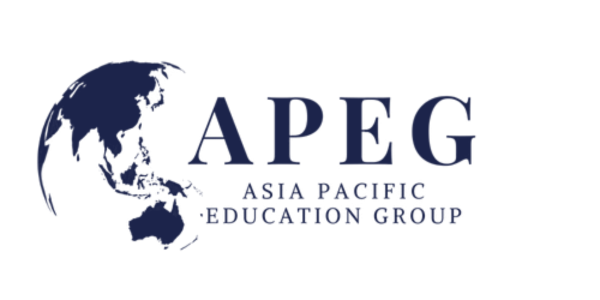In September 2024, education experts from APEG and Don Bosco Technical College convened to explore the alignment of the Australian Qualifications Framework (AQF) and the Philippine Qualifications Framework (PQF). The session focused on enhancing technical and vocational education through competency-based learning and improving international recognition of qualifications.
Participants included Fr. Jun Onocencio, Vice President of the Don Bosco Group of Schools; Dean Jennifer Silao of Don Bosco Technical College; and Dr. Terry O’Hanlon-Rose of APEG. Together, they discussed how harmonising AQF and PQF can support academic mobility and workforce development between Australia and the Philippines.
Both frameworks aim to ensure quality and consistency in education and training. However, as globalisation influences employment and study opportunities, there is a growing need for greater comparability between national systems. Aligning AQF and PQF can help students and professionals transition more easily between the two countries and improve global recognition of their qualifications.
A central theme was competency-based education (CBE), which focuses on mastering specific skills relevant to industry needs. This model ensures graduates are job-ready and adaptable to changing labor market demands. Don Bosco shared insights on its successful CBE programs, highlighting how this approach enhances employability and allows flexible, learner-centered progress.
Australia’s AQF incorporates CBE principles, particularly in vocational education, ensuring graduates meet employer expectations. Adopting similar strategies in the Philippines can strengthen workforce readiness, especially in sectors like construction, manufacturing, and IT.
The discussion also addressed the importance of qualification comparability in today’s interconnected world. Standardised frameworks allow employers to better assess overseas credentials and enable professionals to move more freely across borders. Aligning AQF and PQF supports this goal, facilitating the recognition of skills and learning outcomes between both nations.
Technical and vocational education plays a crucial role in addressing skill shortages and preparing students for real-world demands. Strengthening TVET through framework alignment expands career pathways and opens opportunities for further study abroad. It also encourages collaboration between institutions, fostering innovation and mutual understanding.
Participants concluded with a shared commitment to advancing this work. They agreed that aligning AQF and PQF is a strategic step toward stronger education ties and improved workforce mobility. Future efforts will focus on curriculum alignment, joint training initiatives, and formal recognition agreements.
This collaboration has the potential to enhance how technical and vocational education is delivered and valued globally. By prioritizing competencies, transparency, and international mobility, both countries are building a more connected and skilled future workforce.

